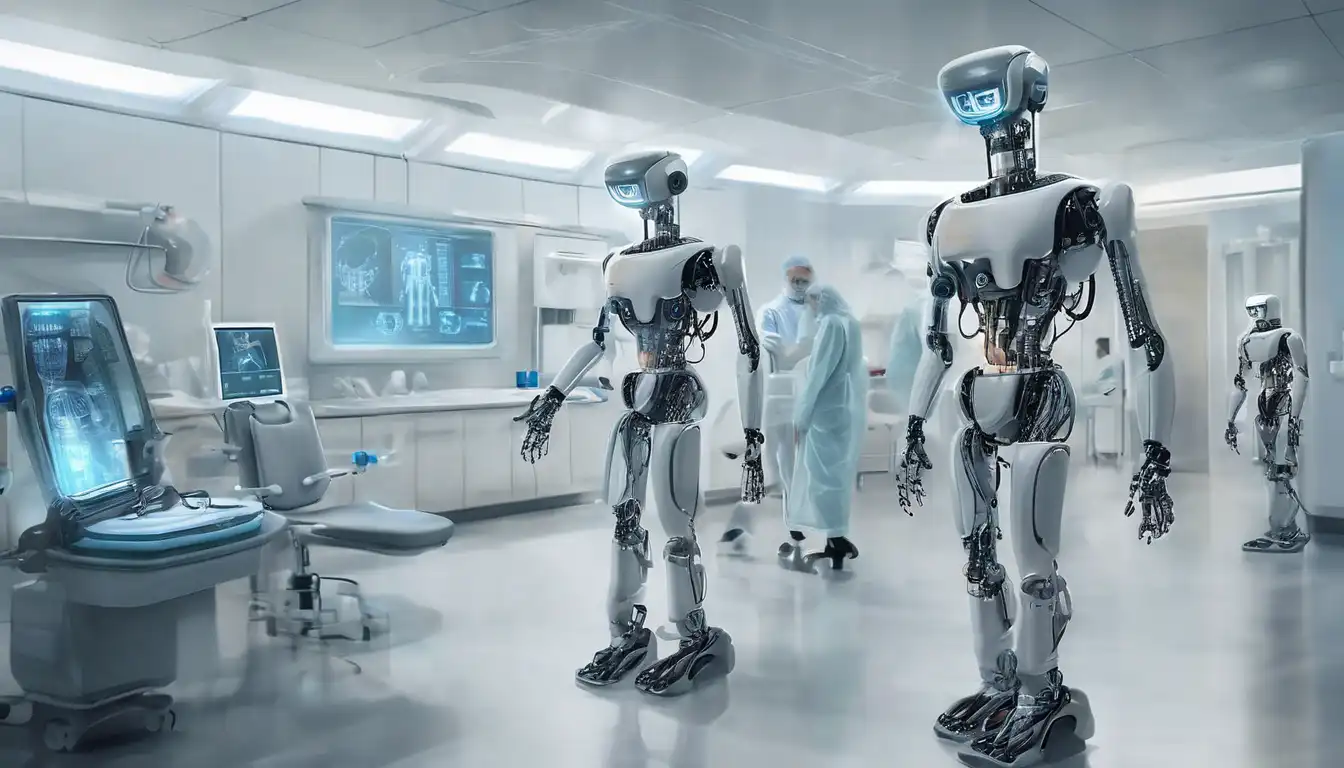The Next Era of Robotics in Healthcare
The integration of robotics into healthcare is transforming patient care, surgical procedures, and rehabilitation processes. This technological advancement is not just a glimpse into the future; it's a present reality that's reshaping the healthcare industry. From robotic surgery to automated patient monitoring systems, the potential for robotics in healthcare is boundless.
Robotic Surgery: Precision and Efficiency
One of the most significant contributions of robotics in healthcare is in the field of surgery. Robotic surgical systems, such as the da Vinci Surgical System, allow surgeons to perform complex procedures with greater precision, flexibility, and control than traditional techniques. These systems reduce the risk of human error, minimize patient recovery time, and improve surgical outcomes.
Automated Patient Monitoring
Robotics technology has also paved the way for automated patient monitoring systems. These systems can track patient vitals around the clock, alerting healthcare providers to any changes that may require immediate attention. This not only enhances patient safety but also allows healthcare professionals to focus on more critical tasks.
Rehabilitation Robotics
Rehabilitation robotics is another area where technology is making a significant impact. Devices such as robotic exoskeletons are helping patients regain mobility after strokes or spinal cord injuries. These innovations are not only improving the quality of life for patients but are also reducing the burden on healthcare systems.
The Role of AI in Healthcare Robotics
Artificial intelligence (AI) plays a crucial role in the advancement of healthcare robotics. AI algorithms enable robots to learn from data, make decisions, and perform tasks with minimal human intervention. This synergy between AI and robotics is expected to lead to more personalized and efficient patient care.
Challenges and Ethical Considerations
Despite the promising future of robotics in healthcare, there are challenges and ethical considerations that need to be addressed. Issues such as data privacy, the high cost of robotic systems, and the potential for job displacement in the healthcare sector are concerns that must be carefully managed.
Conclusion
The future of robotics in healthcare is bright, with the potential to revolutionize patient care and medical procedures. As technology continues to evolve, we can expect to see even more innovative applications of robotics in the healthcare industry. However, it's essential to navigate the challenges and ethical considerations carefully to ensure that these advancements benefit everyone.
For more insights into the latest technological advancements in healthcare, explore our technology in healthcare section.
